The Cyber Security Department was established in the year 2024 with an intake of 60 students. The dynamic and ever-expanding nature of cyber threats necessitates the establishment of a dedicated cyber security specialization to protect organizations, governments, and individuals from the growing risks associated with the digital world. It is responsible for continuously monitoring and detecting potential cyber threats, initiating incident response measures in case of security breaches, and conducting vulnerability assessments to address weaknesses.
The department is engaged in designing and implementing secure architectures, enforcing data protection and encryption, and educating stakeholders about cyber security best practices. Overall, the Cyber Security Department plays a critical role in protecting organizations from cyber-attacks and ensuring a secure and resilient digital environment.
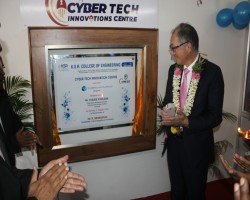
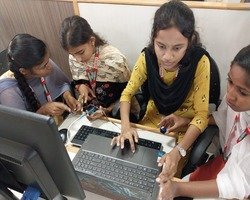
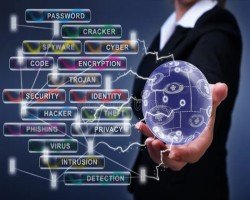






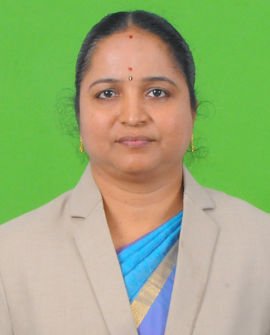

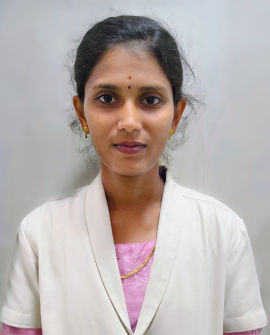
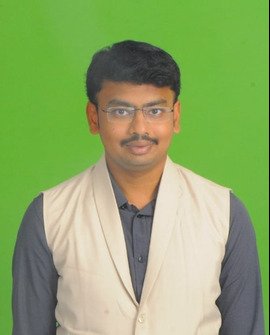

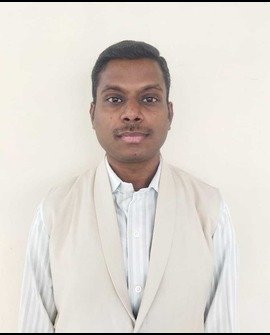




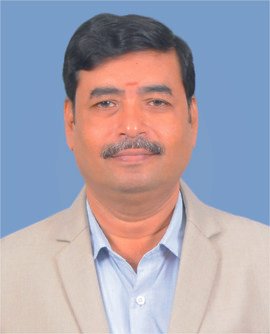

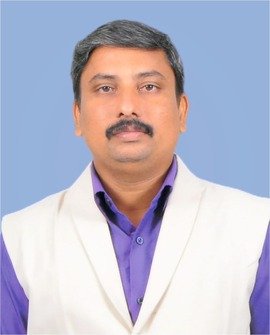
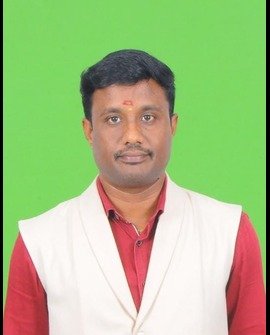
Research work is a important part of every department at K.S.R. College of Engineering. Here’s the roundup of the research work – publications, patents, Grants and programs organized by the department.
Each department has connections with relevant industry professionals, tie-ups through MOUs with companies in order to facilitate Internships, Industry visits, Projects, Knowledge Sharing Expert Sessions by industry experts. This greatly helps us to bring in the industry-perspective into the courses being taught and a hands-on learning for the students.
Phone : +91 63801 18908
Email : sudhak@ksrce.ac.in
Phone : +91 95240 04147
Email : manodhivi30@ksriet.ac.in